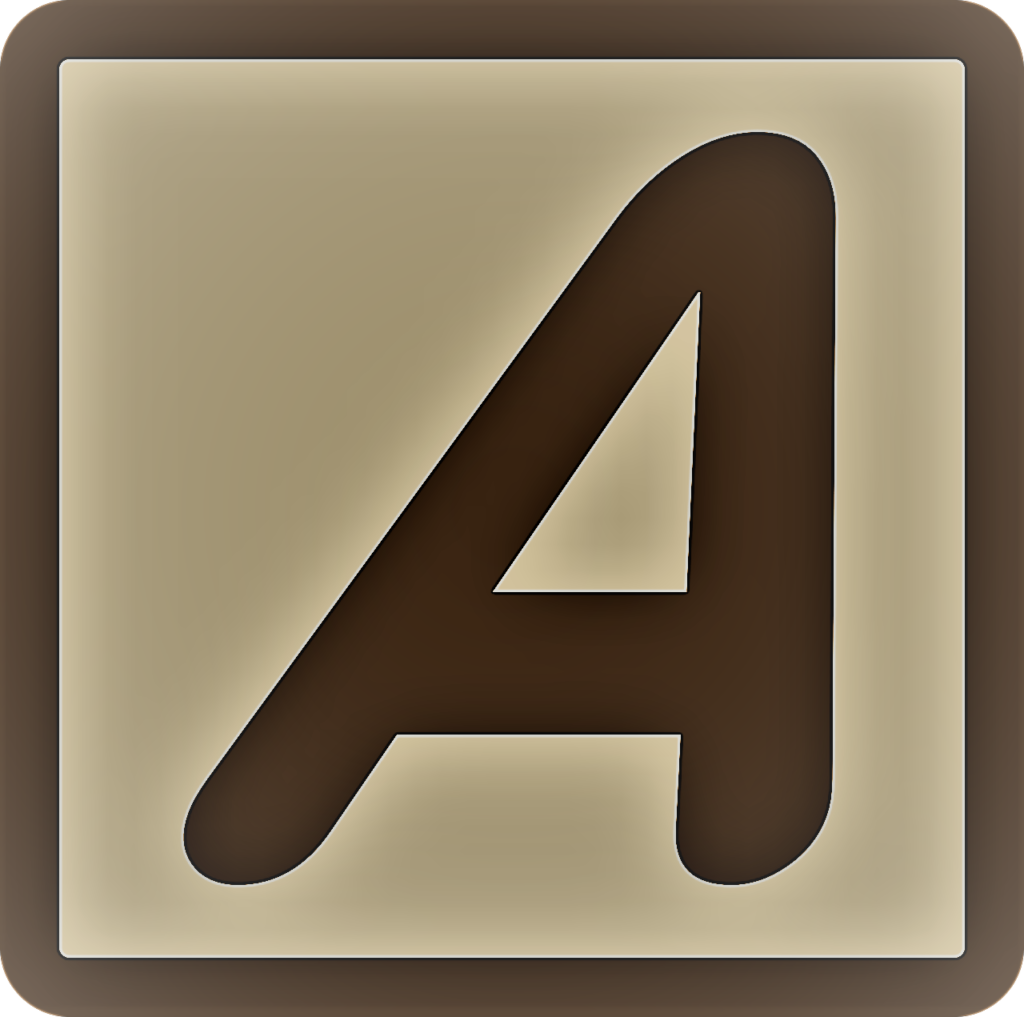When to Use Italics Posted by Gary Locke on Jul 27, 2020 in English Grammar
Here’s something unique to modern life. You’re writing an email, an essay, or a term paper and you want to draw attention to a title, a phrase, or some other element within the body of your work. Should you use italics?
You would never have had to think about this 25 years ago because there was no way to insert italicization in everyday writing. If this were a professional work, like for a book or magazine, for instance, the responsibility for this decision would fall to an editor. Or, back then, titles of books would be underlined. Now, up there in the upper left corner on the Home screen of Microsoft Word, you can just click on an icon and, voila, instant italics. The question remains, however. What is the proper procedure for using italics?
English style and grammar guides have rules for everything. These are the accepted, standardized procedures for writing and editing any English composition. Naturally, because this is English we’re talking about, there are some disagreements among the experts. This is true of rules regarding the use of italics, as well. But there is general agreement for most situations. Let’s begin with the basics.
When to Use Italics
- Italicize the titles of publications, and longer literary and artistic endeavors.
- Italicize all foreign words and phrases.
- Italicize the names of specific ships, aircraft, and vehicles.
- Italicize words for significant emphasis
- Italicize single letters.
So, for example:
The critic in The Boston Globe really liked the new season of the Netflix series, Dead to Me.
Her aunt Amelia’s favorite saying was, è tutto meraviglioso!
My brother served onboard The U.S.S. Intrepid.
It may be a good apple pie, but it’s not my mother’s apple pie!
My seat is in row BB.
When to Avoid Italics
- Don’t italicize the name for a series of books or movies.
Most people agree that the first three James Bond films are among the best.
- Do not use italics for shorter titles, such as poems or chapter titles.
John Donne’s poem “The Flea” can be found in the volume of Great Seventeenth-Century Poets.
The biggest area of dispute is book titles. The Chicago Manual of Style and the AP Style Guide have been at odds over this issue for many years, and you will find people who show allegiance to one school of thought or the other. There is often no middle ground, and certainly, none when it comes to titles. The Chicago school favors italicizing titles, AP does not. Whichever side you choose, and you can see that I favor the Chicago school, be consistent.

Build vocabulary, practice pronunciation, and more with Transparent Language Online. Available anytime, anywhere, on any device.




